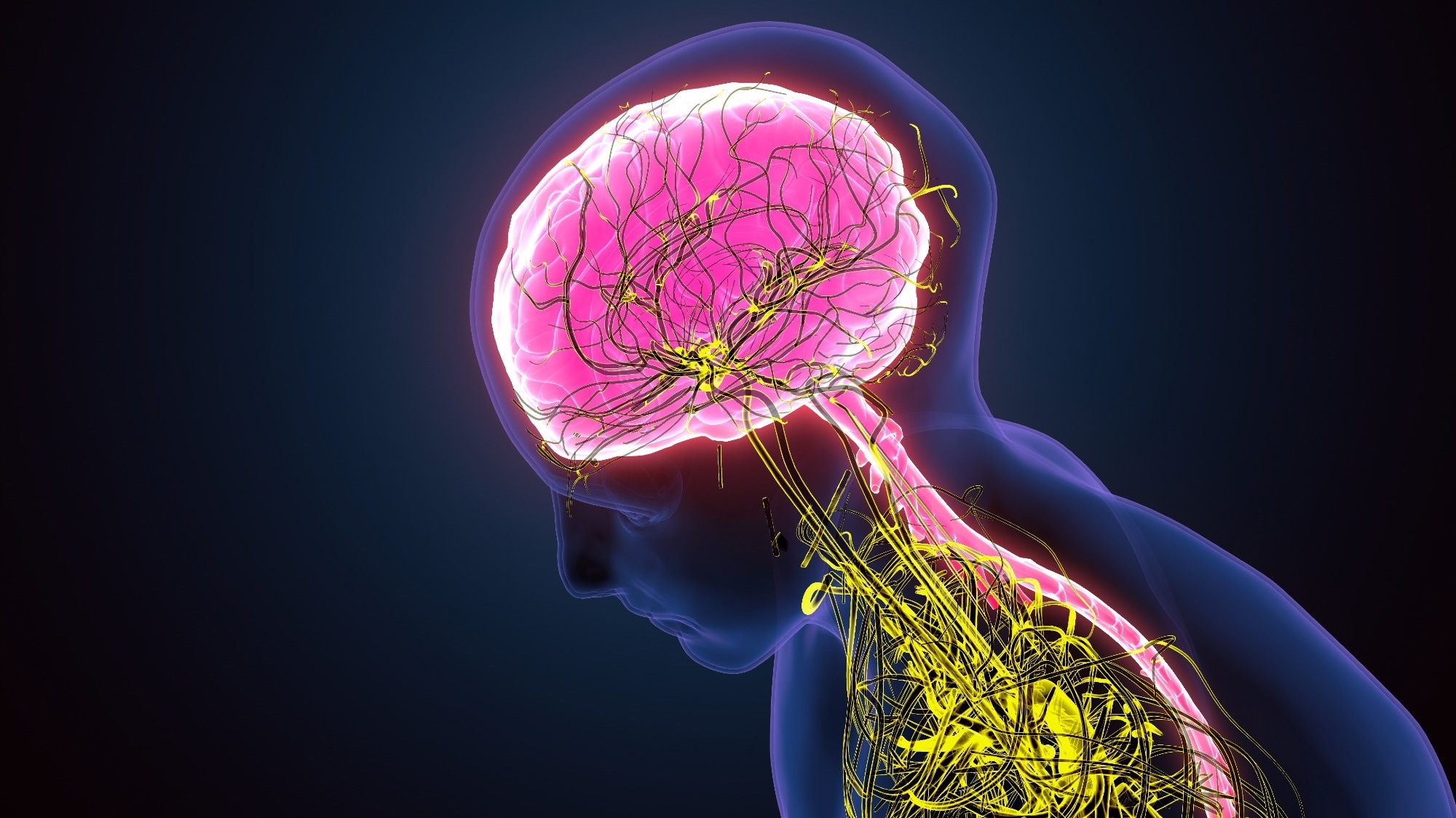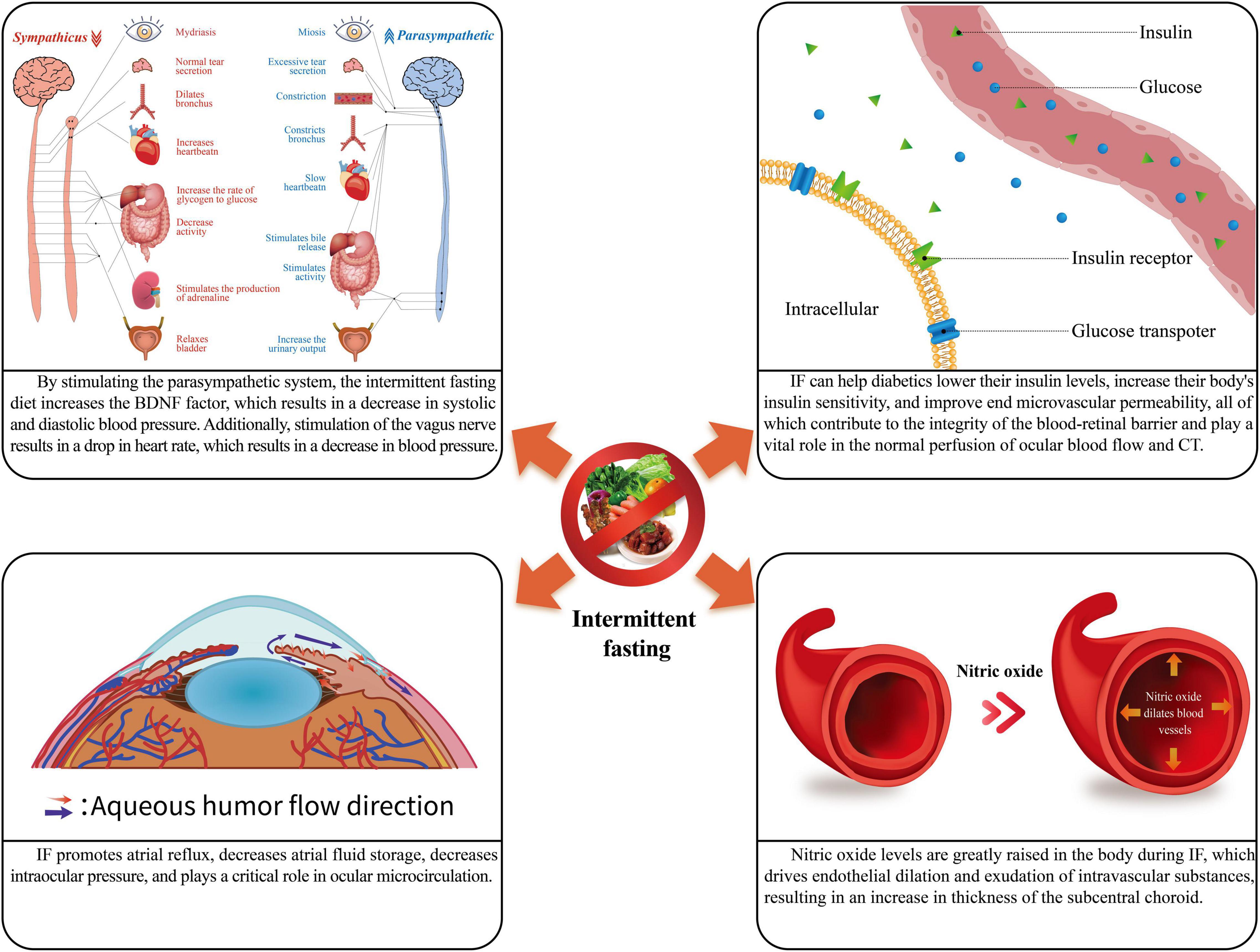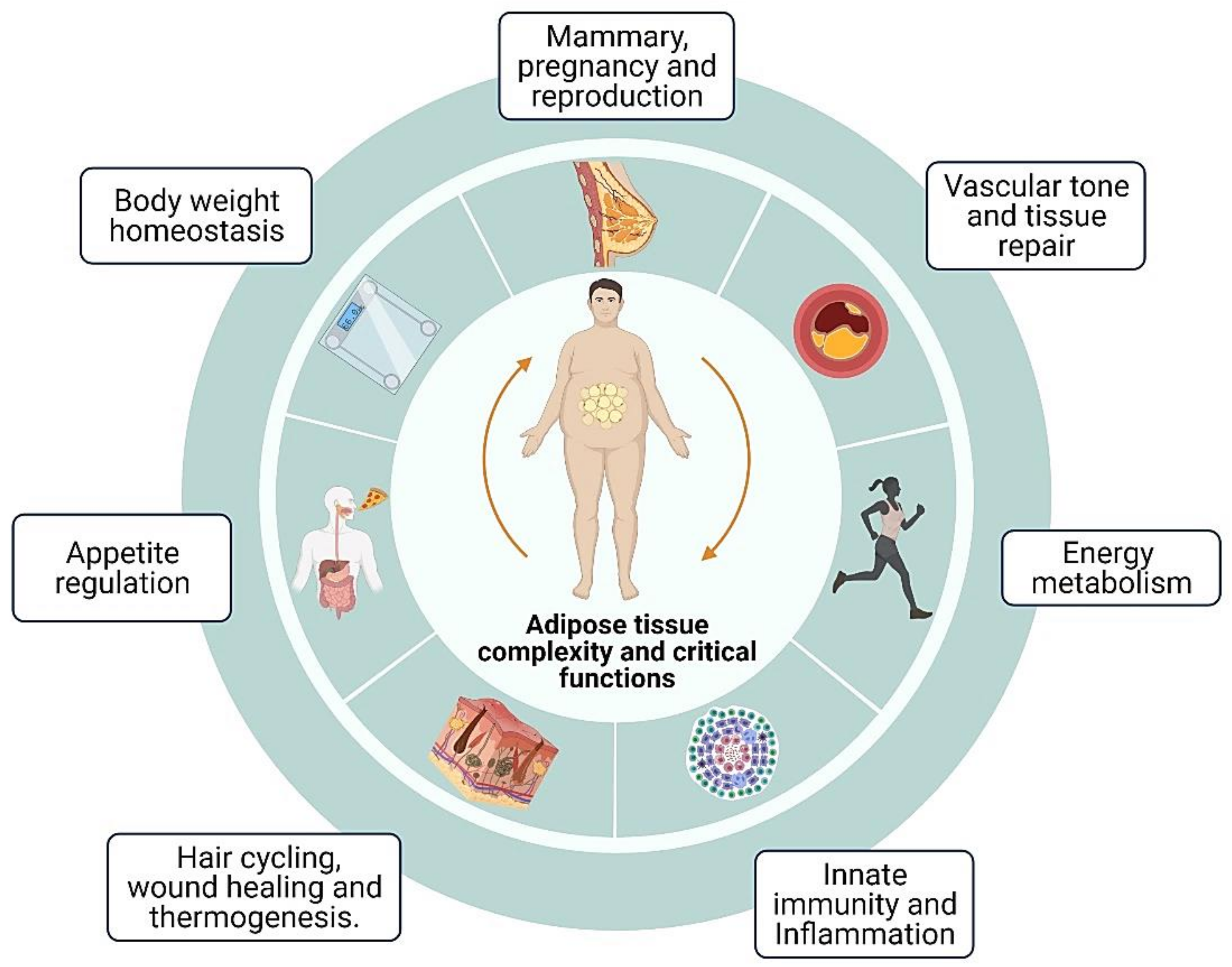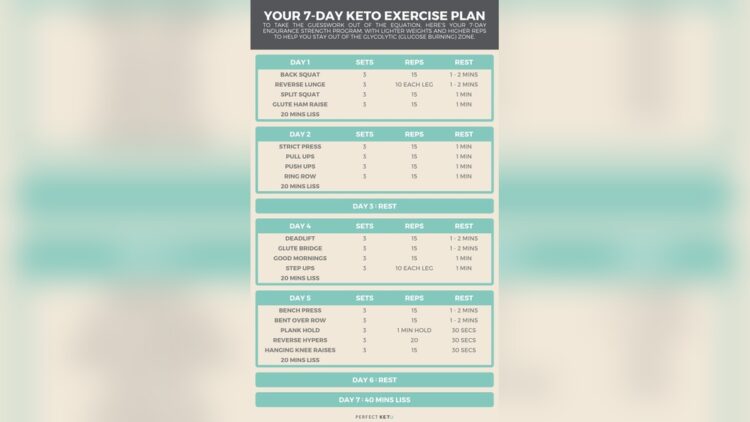Rapid or excessive weight loss can lead to nerve damage. Nutrient deficiencies often cause this condition, known as neuropathy.
Losing weight is a common goal for many people, but it is essential to proceed with caution and mindfulness toward one’s health. A balanced diet and gradual weight reduction can help prevent unwanted side effects, such as nerve damage. Nerve damage, or neuropathy, may arise from insufficient intake of essential vitamins and minerals during a period of rapid weight loss.
These deficiencies can affect nerve function and lead to symptoms like numbness, tingling, or pain. Ensuring a well-rounded, nutrient-rich diet and consulting healthcare professionals before undertaking significant weight loss can mitigate the risk of developing neuropathy.

Credit: www.news-medical.net
Introduction To The Relationship Between Weight Loss And Nerve Health
Nerve function is key to a healthy body. Think of nerves like wires that send messages. They let your brain and body talk to each other. Good health keeps these wires working well.
Our body needs the right food to stay well. This means eating things that are good for us. Vitamins and minerals help our nerves stay strong.
Weight loss can be done in many ways. Some are good for us, some are not. Losing weight the wrong way can hurt our bodies. It is important to lose weight safely to protect our nerve health.
Exploring The Connection: How Weight Loss Can Affect Nerves
Nerve damage during weight loss often ties to nutrient deficiencies. The body needs vitamins and minerals to keep nerves healthy. For instance, a lack of B12, found in meats and dairy, can harm nerves. Not eating enough can lead to these shortages.
Rapid weight loss might pressure the peripheral nervous system. This system connects the brain to limbs. Quick drops in weight can shock it, causing numbness or tingling. Safe, gradual weight loss is crucial.
Bariatric surgery, a weight loss surgery, has risks. It can lead to nerve issues due to fast weight loss and nutrient absorption problems. Careful monitoring after surgery is key to prevent nerve complications.
Preventing Nerve Damage During Weight Loss
Embarking on a weight loss journey demands careful planning to avoid harming your nerves. Seeking a healthcare professional’s guidance is critical in tailoring a weight loss plan that safeguards your nervous system. They will provide customized nutritional advice and monitor your progress.
Regular physical activity is not only effective in shedding pounds but also fortifies nervous system health. Choose exercises that enhance blood flow without stressing the nerves. Aligning with a physiotherapist can help devise an exercise regimen that optimizes nerve health.
| Strategy | Benefit |
|---|---|
| Professional Supervision | Minimizes risk of nerve damage |
| Customized Diet | Ensures proper nutrient intake |
| Regular Exercise | Protects and strengthens nerves |

Credit: www.frontiersin.org
Addressing Nerve Damage Post Weight Loss: Recovery And Management
Nerve damage after losing weight can be serious. Doctors look for signs of neuropathy with tests. These tests find nerve problems. Some might need blood tests or nerve studies.
Good nutrition helps heal nerves. Eating the right foods gives your body the vitamins it needs. Foods rich in B vitamins, antioxidants, and omega-3 fatty acids are important.
Physical therapy makes weak nerves stronger. Exercises improve balance and strength. Regular sessions with a therapist help your recovery.
Case Studies And Clinical Research: Learning From Real-world Scenarios
Recent studies show weight loss might lead to nerve damage, known as neuropathy. Medical experts observed this in people who lost a lot of weight fast. Case studies reveal symptoms like numbness or tingling in different body parts. These symptoms occurred after significant weight loss.
One crucial area of investigation is the long-term effects of weight loss on nerve function. Data demonstrates that while losing weight has many benefits, there could be risks. Long-term studies are key to understanding these risks. They look at rates of neuropathy in people who have maintained weight loss over time.
To avoid neuropathy, best practices involve gradual weight loss. Professionals suggest a balanced diet and regular checkups during weight loss journeys. These practices help prevent sudden changes that may harm nerves.
Conclusion: Integrating Insights Into Safe Weight Loss Practices
Many seek to shed extra pounds for health and well-being. Yet, rapid weight loss might hurt your nerves. Evidence links severe dieting to nerve damage, often reversible. To avoid harm, embrace balanced eating and regular exercise. Consulting health professionals is crucial for a safe weight reduction plan.
For future guidance, experts must probe deeper into this link. Quality patient education can prevent potential risks. Clear information will lead to better health outcomes for those losing weight. Ongoing studies will enhance understanding of safe dieting practices.
- Engage in steady, mindful weight loss.
- Include nutrient-rich foods in your diet.
- Exercise regularly to maintain nerve function.
- Consult health experts before starting diets.
- Emphasize continuous learning on this topic.

Credit: www.mdpi.com
Conclusion
Understanding the relationship between significant weight loss and potential nerve damage highlights a complex health issue. It’s vital to approach weight management with caution and seek professional guidance. As we prioritize our well-being, let us remember: a balanced approach to weight loss safeguards both our physical and neural health.
Always consult with a healthcare provider before embarking on a weight loss journey that could impact your overall nervous system function.












Leave a Reply